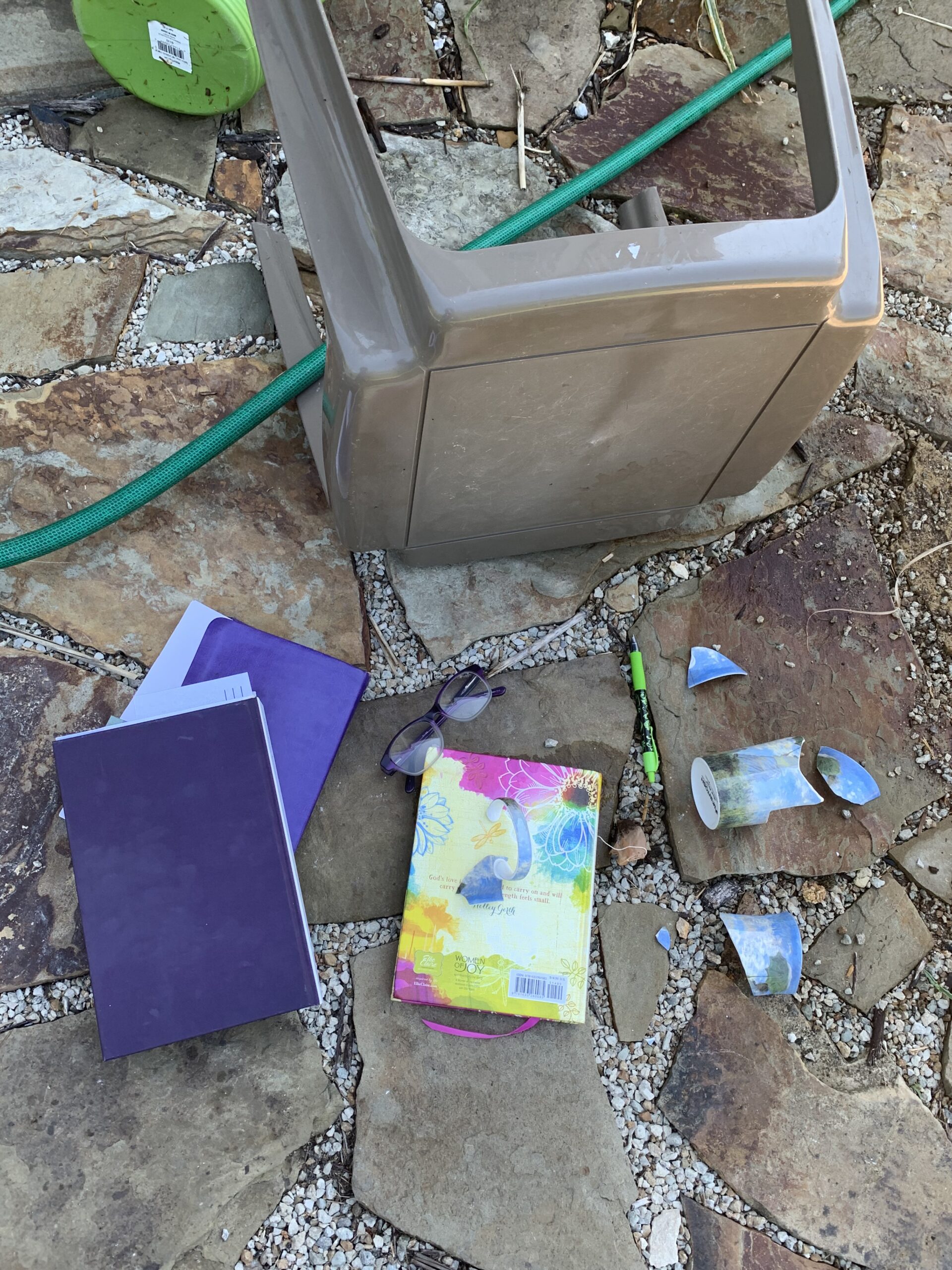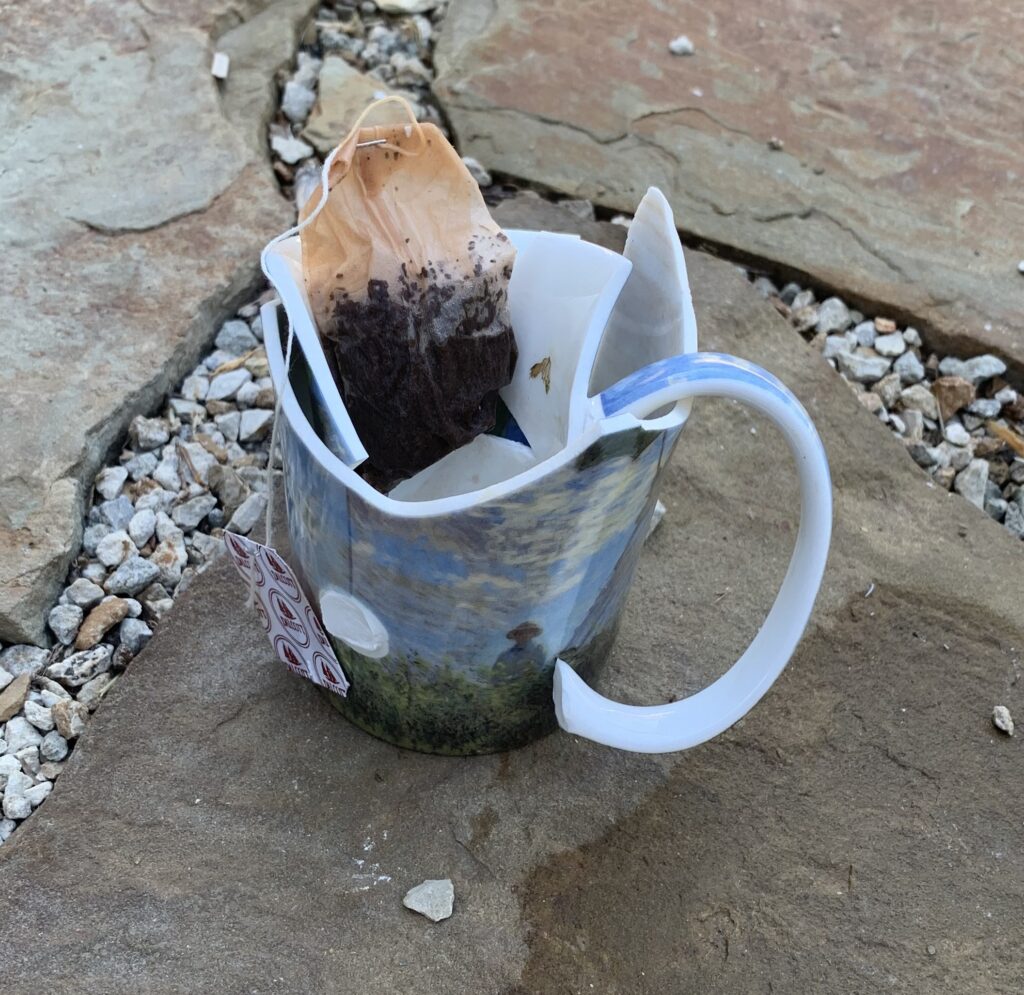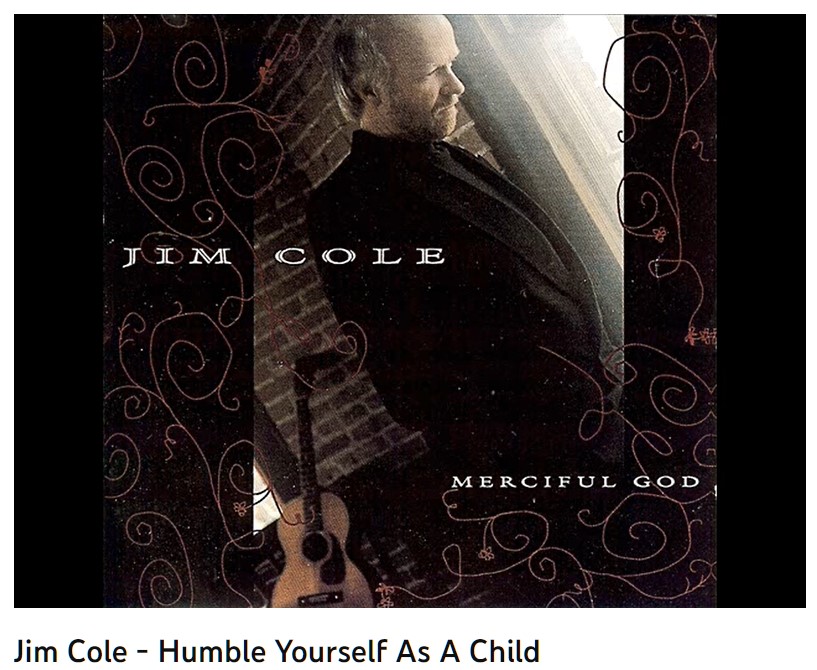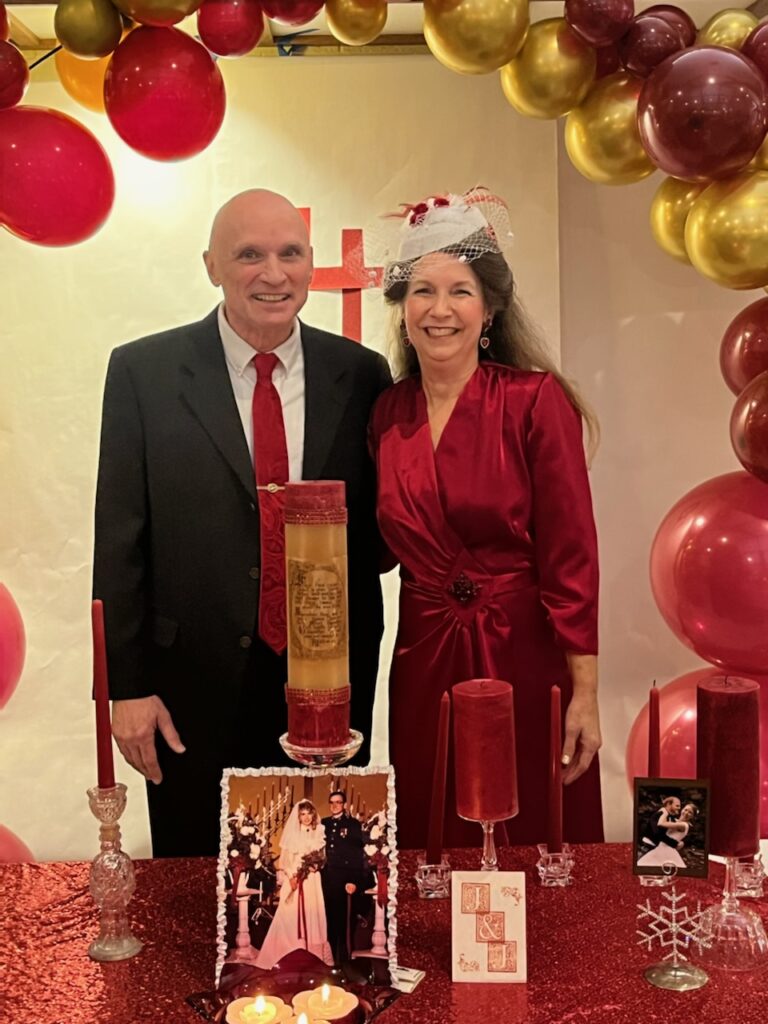Vulnerabili*tea

vuln*er*a*bili*tea /ˌvəl-n(ə-)rə-ˈbi-lə-tē / noun 1. the quality or state of being exposed to the possibility of being attacked or harmed, either physically or emotionally while self-medicating with a cup of chamomile.
People with life-threatening injuries and illnesses are acutely aware of something that most of us forget—human frailty. Our bodies and minds are resilient and fragile, strong and weak, shielded and vulnerable—what a fantastic paradox we are—like ceramic pots.
My daughter Anna brought back gifts from Costa Rica, including some “indestructible” pots. The street merchant banged them against his table to demonstrate the strength of his merchandise. An excited Anna explained his sales pitch and struck one on a table; it cracked.

Patsy Clairemont describes herself as a cracked pot and invites us to be honest and acknowledge that we’re broken too. Sin makes cracked pots of us all. In Scripture, we read, “But we have this treasure in earthen vessels, that the excellence of the power may be of God and not of us.” (2 Corinthians 4:7). God gets more glory working through our weaknesses than through our strengths. He wants us to hide in Him because we are so vulnerable. And our ancient foe likes knocking cracked pots off the shelf because he wants to break us and extinguish the Light.

I recently attended a large writers’ conference and found myself battling insomnia. Each night of the meeting, I slept 3 hours or less; by day three, I was well aware of my frailty.
I’m a thick-skinned, transparent extrovert, and without any filter, I can be flat-out obnoxious. My unbridled tongue kept sparking wildfires because I am not a perfect woman (James 3:2, 5 – 6). I didn’t mean to be unkind with my words. I don’t intentionally hurt people, but without enough sleep to be fully alert, Satan had a heyday with me and offend people I did.
I praise God that He knows my frame. He gets that I’m a dirt clod, and He faithfully picks me up and cleanses me off again and again. I love Psalm 103:10 – 14.
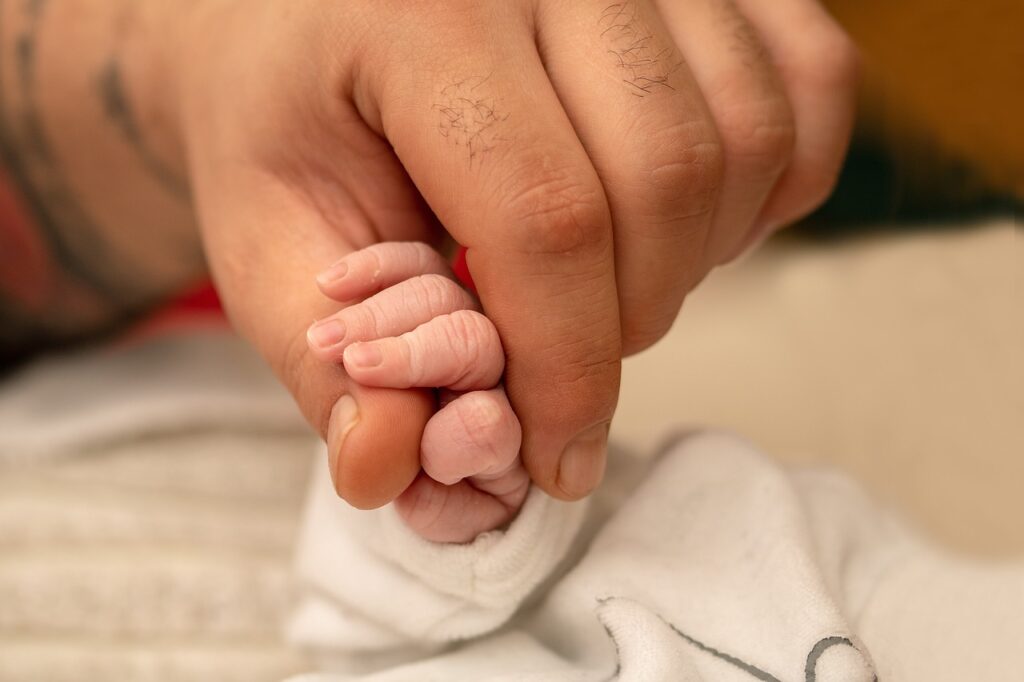
“He has not treated us as our sins deserve or paid us back for our offenses,
His mercy toward those who fear him is as far above earth as heaven.
He has removed our sins from us as far as the east is from the west.
Just as a father has compassion on his children,
Adonai has compassion on those who fear him.
For he understands how we are made, he remembers that we are dust.” (CJB)
I’m glad He remembers I’m broken and doesn’t give up on repairing me. We must be mindful—whether we feel fragile or not—we are. Our first parents were vulnerable to Satan’s attacks in a perfect paradise even though God was a breath away. He’s still a breath away. Let’s learn to call on Him; depend on Him.
Most of all, remember that the annoying person in the room is just as vulnerable as us. Let’s be gracious to each other. In the Gospels, we learn Jesus instructed the disciples to buy swords. They told Jesus they had two, and He said that would do. Peter brought one along to the garden of Gethsemane and hacked the ear off the High Priest’s servant defending Jesus. Like Peter, we often confuse when to act and speak with when to restrain ourselves. Just like Jesus healed the soldier’s ear and told Peter to put the sword away, I trust Him to heal the ears and hearts of those I hurt.

Jesus can fix all the problems cracked pots and ailing people make. In our vulnerability, He still loves us and continues to grow and use us. I love this acronym P.B.P.G.I.F.W.M.Y. on a button I received at a Bill Gothard seminar in the 1980s. It stands for please, be patient; God isn’t finished with me yet. So, I’m drinking chamomile to be calm because Jesus will carry on!
